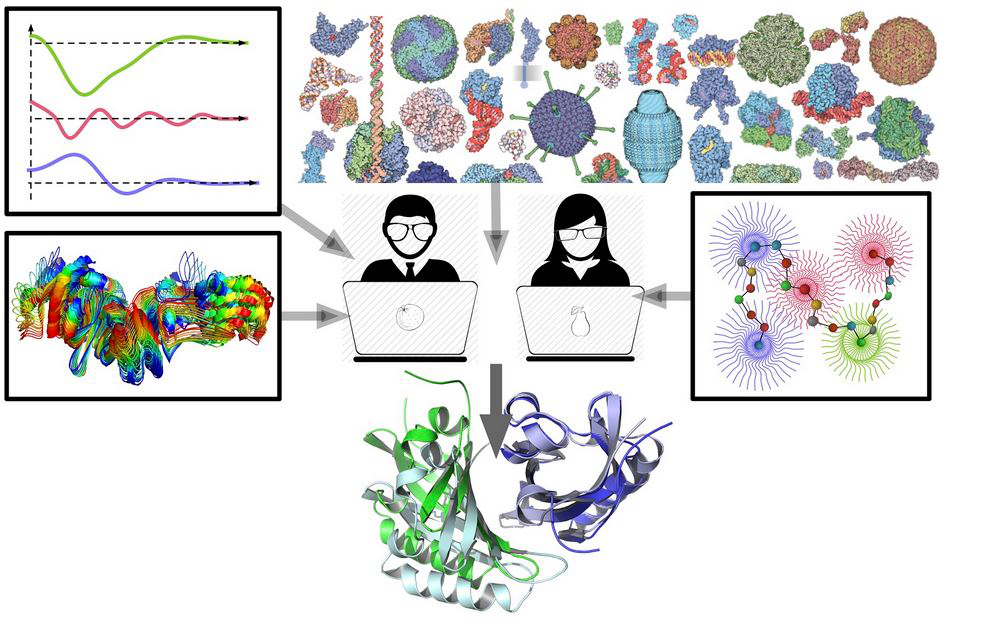Speaker
Description
The mitochondrial oxidative phosphorylation system (OXPHOS), which includes five protein complexes (CI-V), is the main source of energy in the cell. CI, the largest and first complex, is composed of several protein subunits that are assembled by different assembly factors, such as Acyl-CoA Dehydrogenase Family Member 9 (ACAD9) and Evolutionarily Conserved Signaling Intermediate In Toll Pathway (ECSIT), which join together to form the Mitochondrial Complex I Assembly (MCIA) complex. However, the way these assembly factors interact to form the MCIA complex is largely unknown.
The ancestor of ACAD9, Very Long-Chain Acyl-CoA Dehydrogenase (VLCAD), might be of crucial importance when mapping the ECSIT:ACAD9 interaction interface. Although ACAD9 and VLCAD show a high sequence similarity, VLCAD does not bind ECSIT and it is consequently not involved in CI assembly, unlike ACAD9. Therefore, the regions where the sequences of ACAD9 and VLCAD differ might correspond to the binding sites between ACAD9 and ECSIT. By comparing the sequences of ACAD9 and VLCAD using multiple sequence alignment programmes, such as CLUSTALX, we have been able to identify these potential critical regions. The next step will consist in designing and generating mutants for ACAD9 by site-directed mutagenesis, which will, in turn, be used in protein-protein interaction tests. Mutations that either create or disrupt functional interactions will be the basis to identify key residues within the ECSIT:ACAD9 interface.

